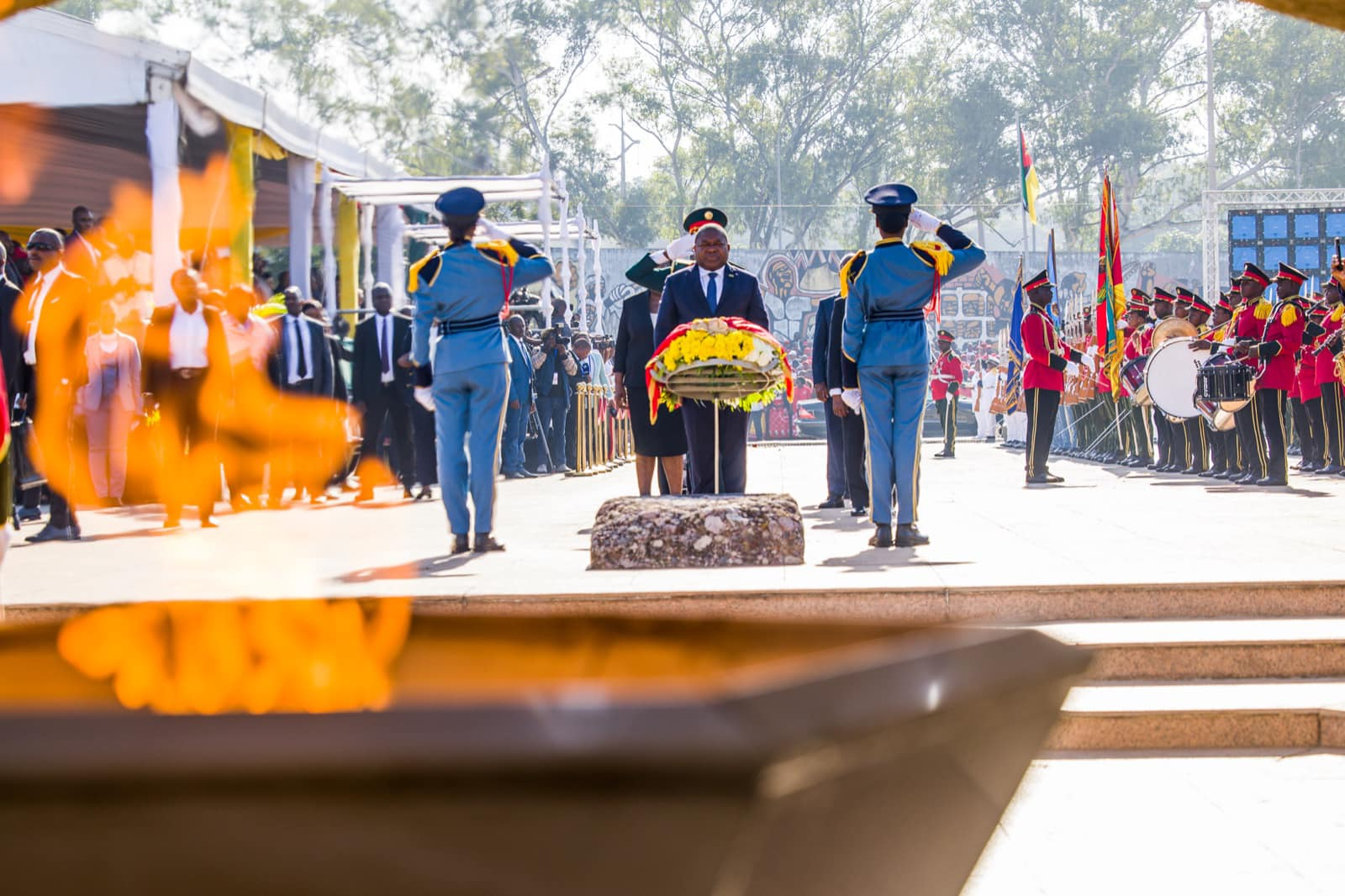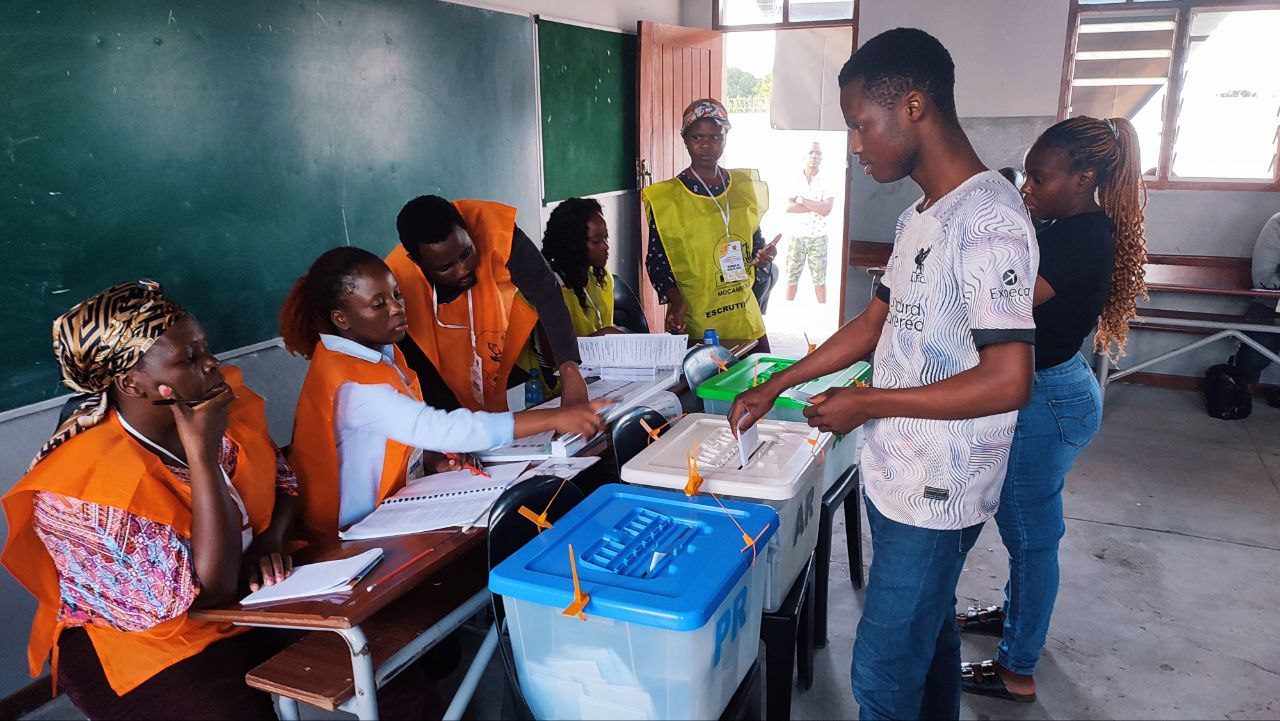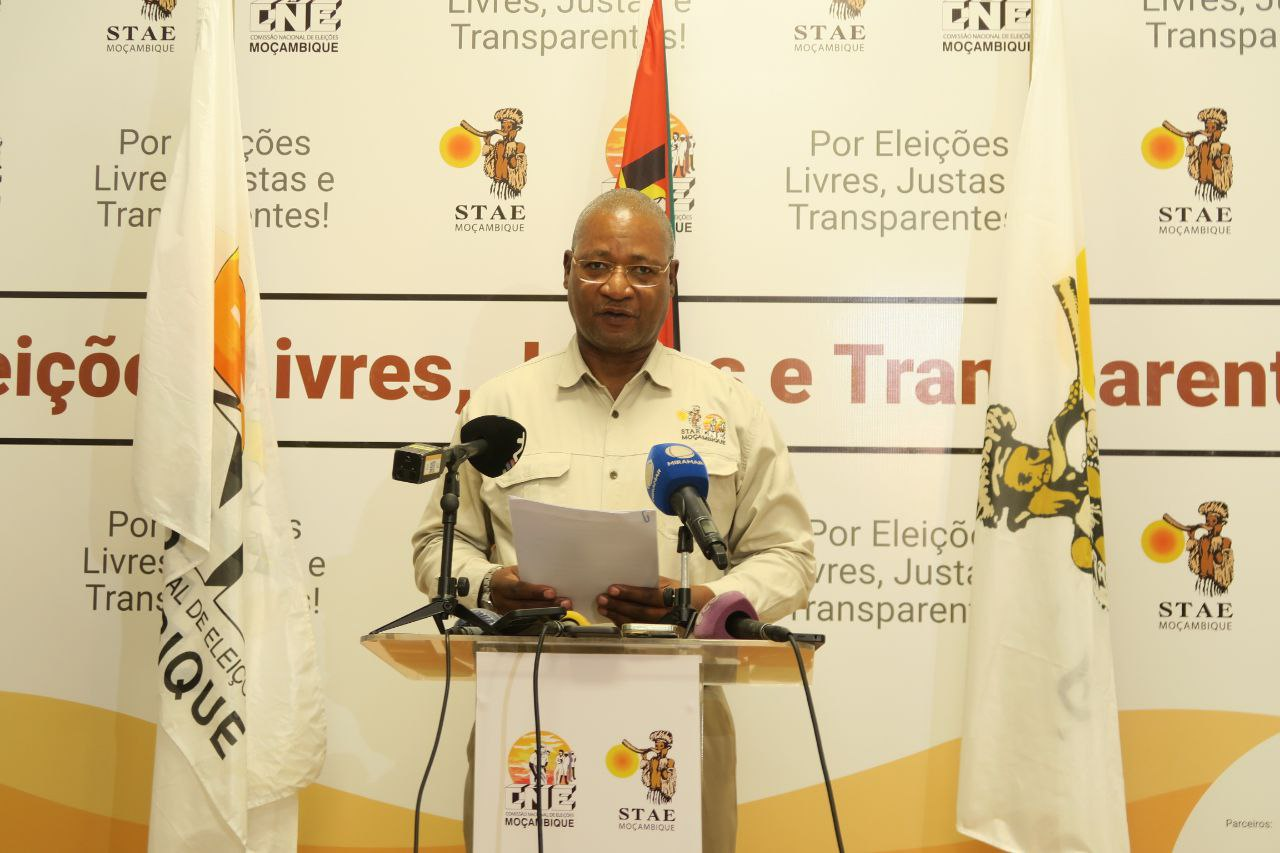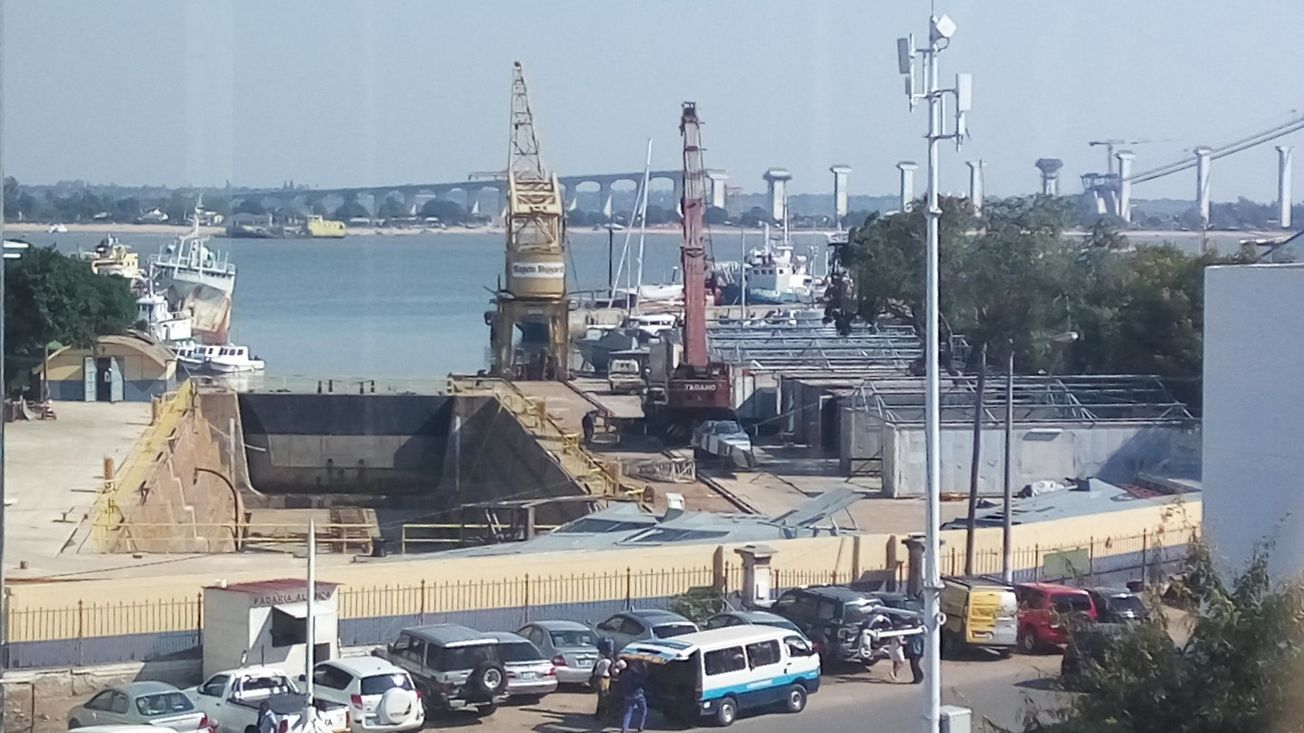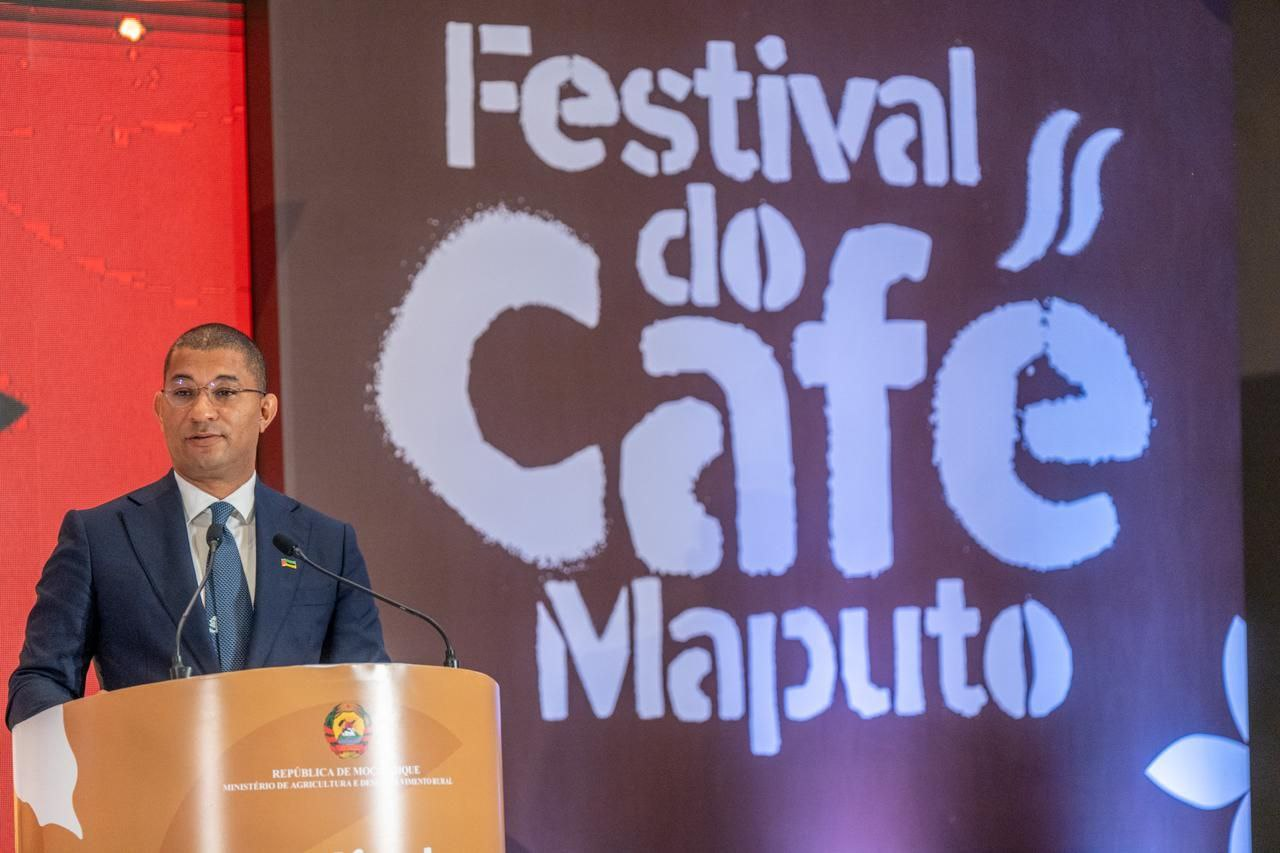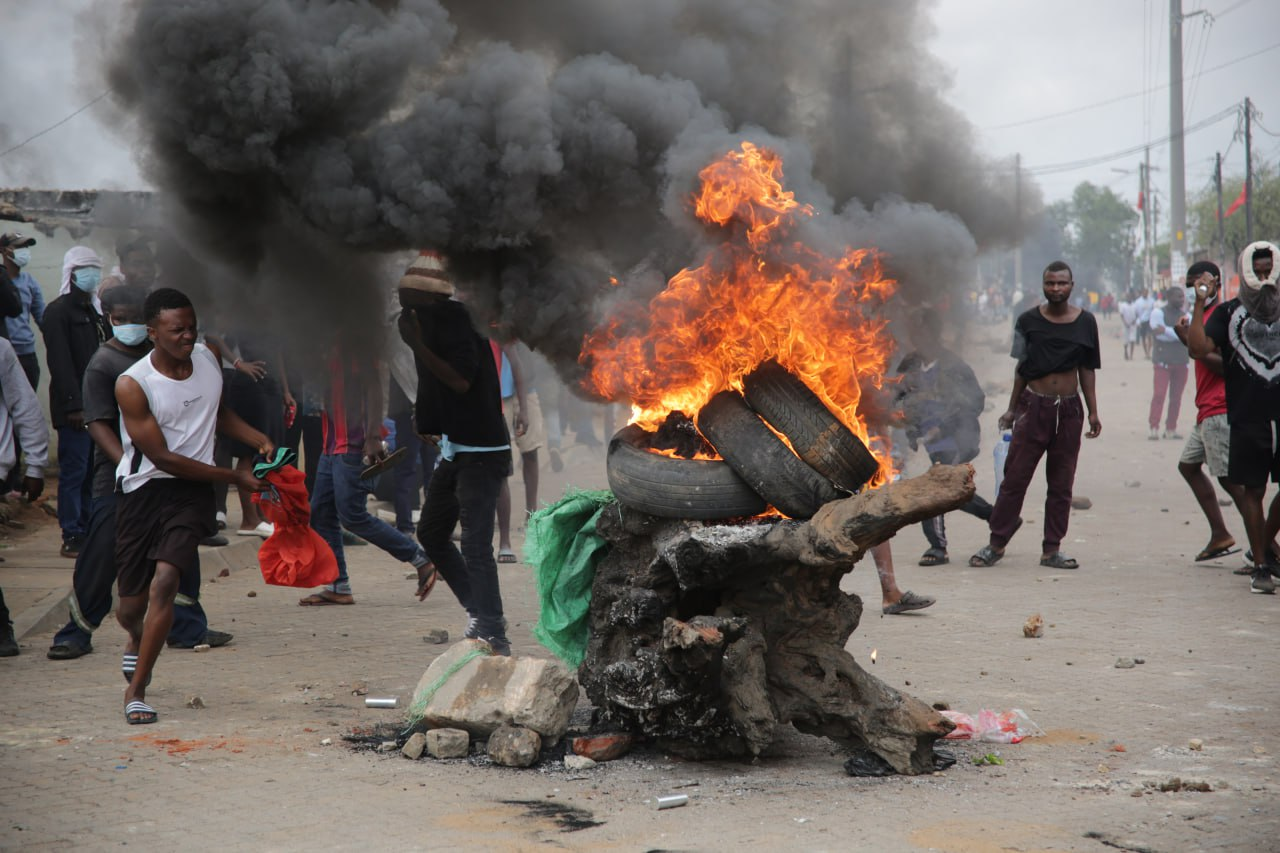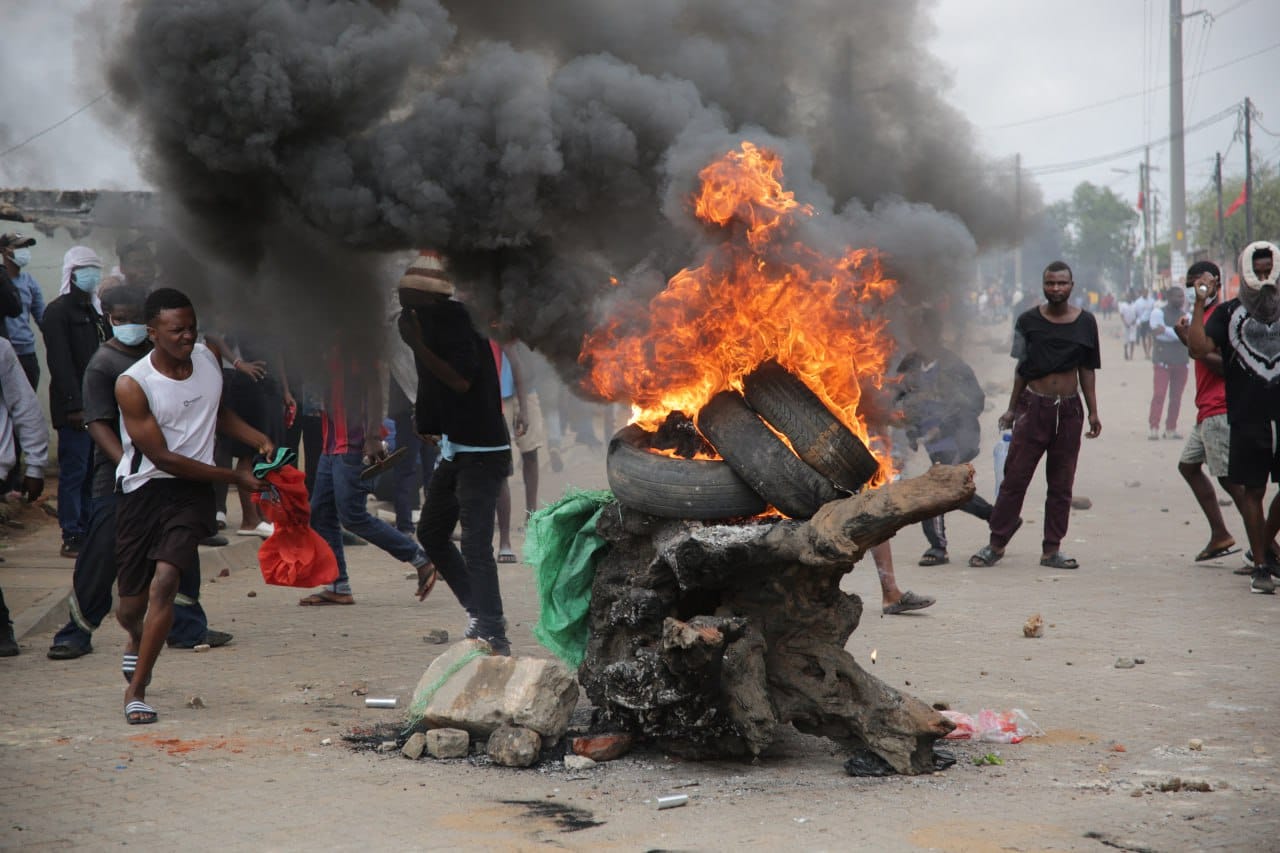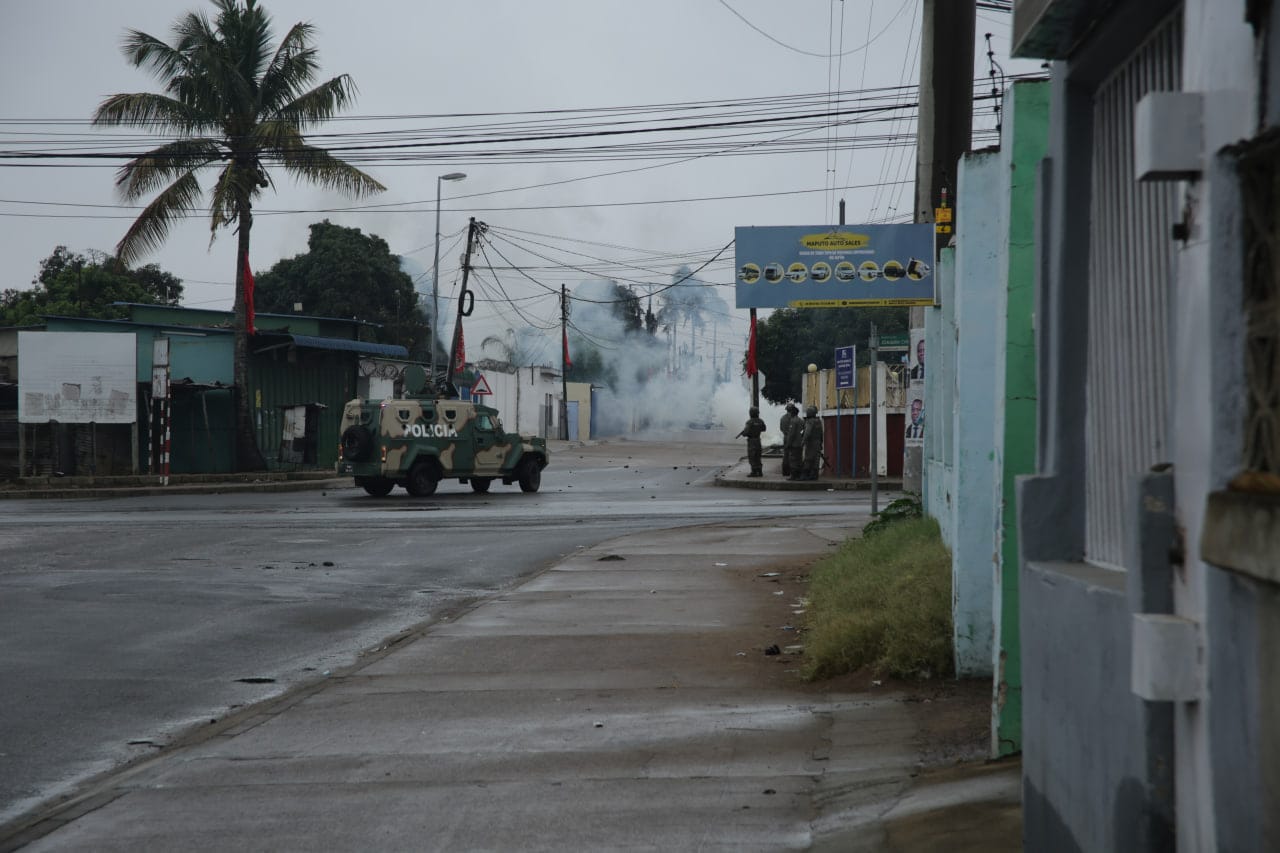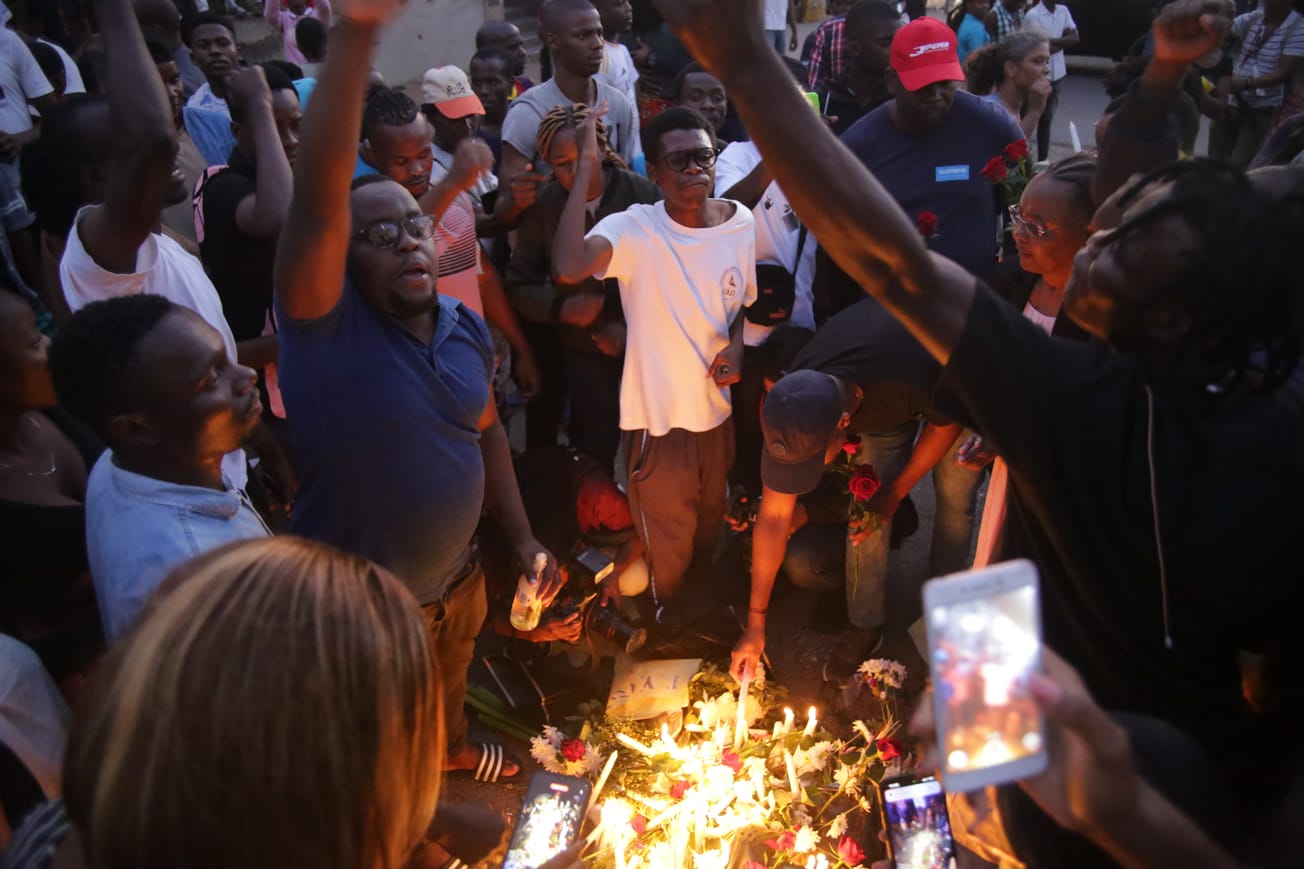Happy Independence Day! Independent Mozambique is 49 today; the countdown to major celebrations next year starts now.
Since it’s a public holiday in Mozambique, we are bringing you our Weekly Review newsletter today, while we take a break from the Daily.
Last Monday’s newsletter looked at the prospects for Renamo remaining Mozambique’s major opposition party, in the face of Venâncio Mondlane’s defection to the CAD coalition. Much depended on whether Mondlane was allowed to run in the presidential election in October. Well, yesterday brought an answer to that question: Mondlane is one of four approved candidates for the election, alongside Daniel Chapo of Frelimo, Lutero Simango of MDM, and Renamo’s Ossufo Momade. Seven other candidates did not meet the criteria.
Tomorrow, the Constitutional Council will draw lots to decide the order in which the four candidates appear on the ballot paper.
Correction: This newsletter initially claimed that thus far in Mozambican elections, the Frelimo candidate has always come out on top of the ballot paper. This is not the case; we regret the error.
Otherwise, last week’s news was largely dominated by the conflict in Cabo Delgado. As we wrote on Tuesday, something of a stalemate currently prevails, with neither side apparently in a position to take the initiative. Rwanda’s military deployment looks set to continue, with the European Union apparently close to agreeing an expanded funding package for it; the Rwandans’ continued involvement is key to keeping the insurgency more or less reined in. Look out for an extended update this week from Cabo Ligado, running down the latest events in the conflict from the last month.
The importance of Rwanda to Mozambique was reflected in the secret visit made by Daniel Chapo, Frelimo’s presidential candidate, to the Rwandan capital alongside President Filipe Nyusi, as Zitamar revealed last week. Chapo has also made well-publicised trips to neighbours Tanzania and Zimbabwe, as he prepares to be the man to lead Mozambique into its second half century as an independent nation — and to be its first president born after independence.
As ever, Zitamar News remains your indispensable guide as Mozambique transitions into a new era. Paid subscriptions start at just $12 per month; corporate packages are available at https://www.zitamar.com/group-subscriptions/.
Your support is vital to our continued operation.
Happy Independence Day!
Week in Review
Monday
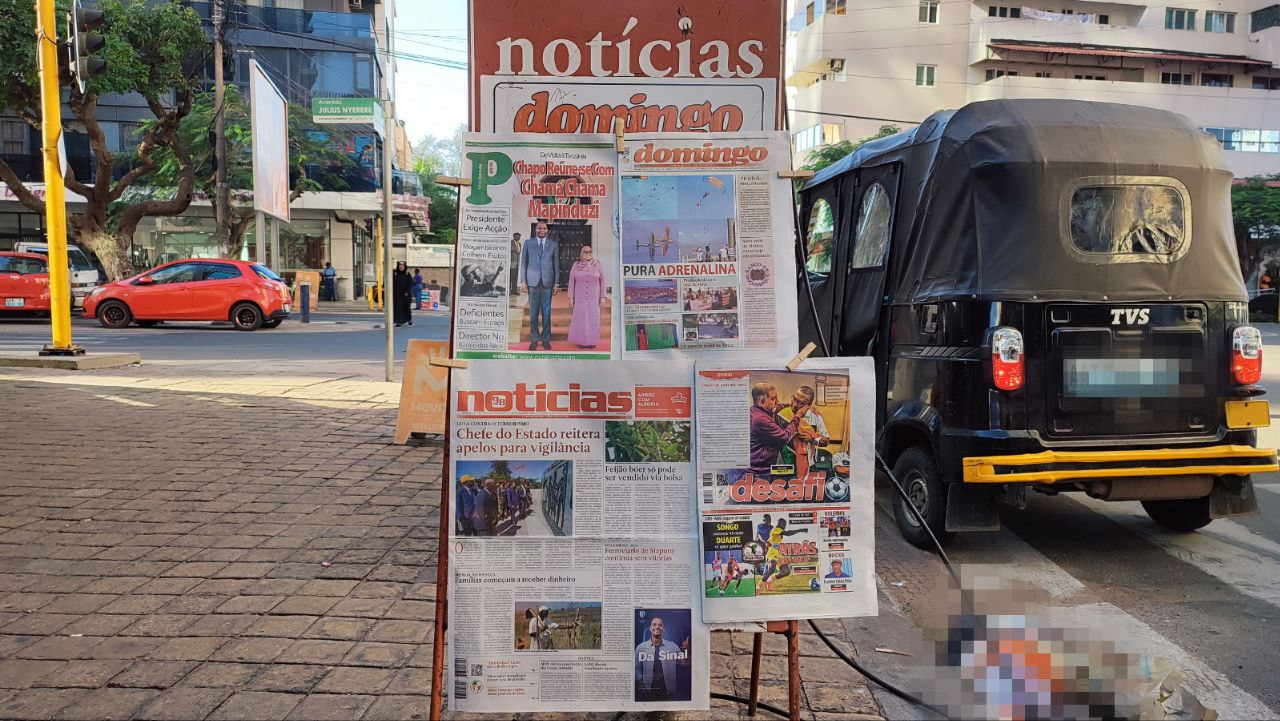
All the same, rumours of Renamo’s death are still exaggerated. A great many Mozambicans still vote tribally for the same parties year after year, due in part to ethnic influences. It is therefore unlikely that Renamo is going to disappear from parliament. But it could feasibly lose seats — if, and it is a big “if”, ruling party Frelimo allows Venâncio Mondlane to run as a presidential candidate for CAD. His application has been received, but not yet approved by the electoral authorities. If he is refused, the threat from CAD to Renamo will disappear; but on the other hand, his devoted young followers could react by turning to violence.
Tuesday
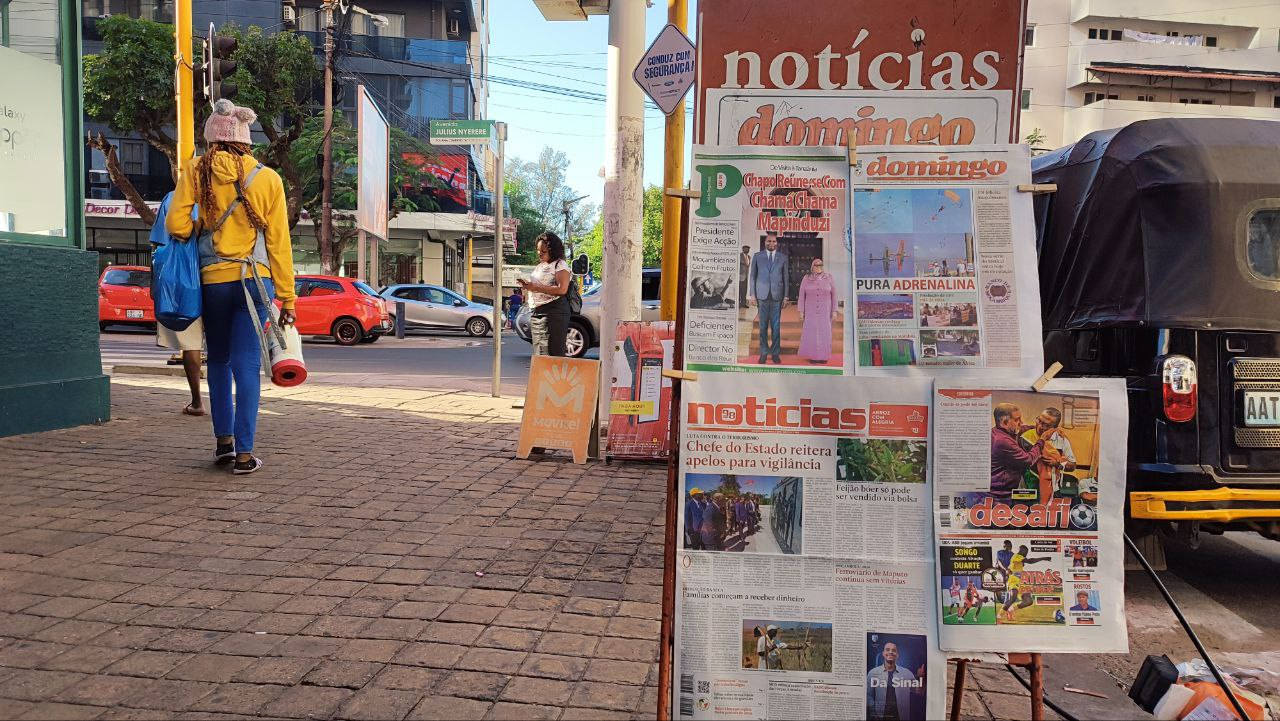
Security forces had a significant victory over the insurgents when the latter attacked the Mbau administrative post on 28 May. But they have not been on the offensive recently, and the initiative remains with the insurgents for now. Rwandan reinforcements have only just arrived in Cabo Delgado. About 1000 Mozambican troops have now been trained by the European Union, and could take part in an offensive, but they are still short of equipment and transport. Until the security forces are able to pin down the insurgents and launch an attack without them escaping, a stalemate prevails, and the insurgency is nowhere near beaten.
Wednesday
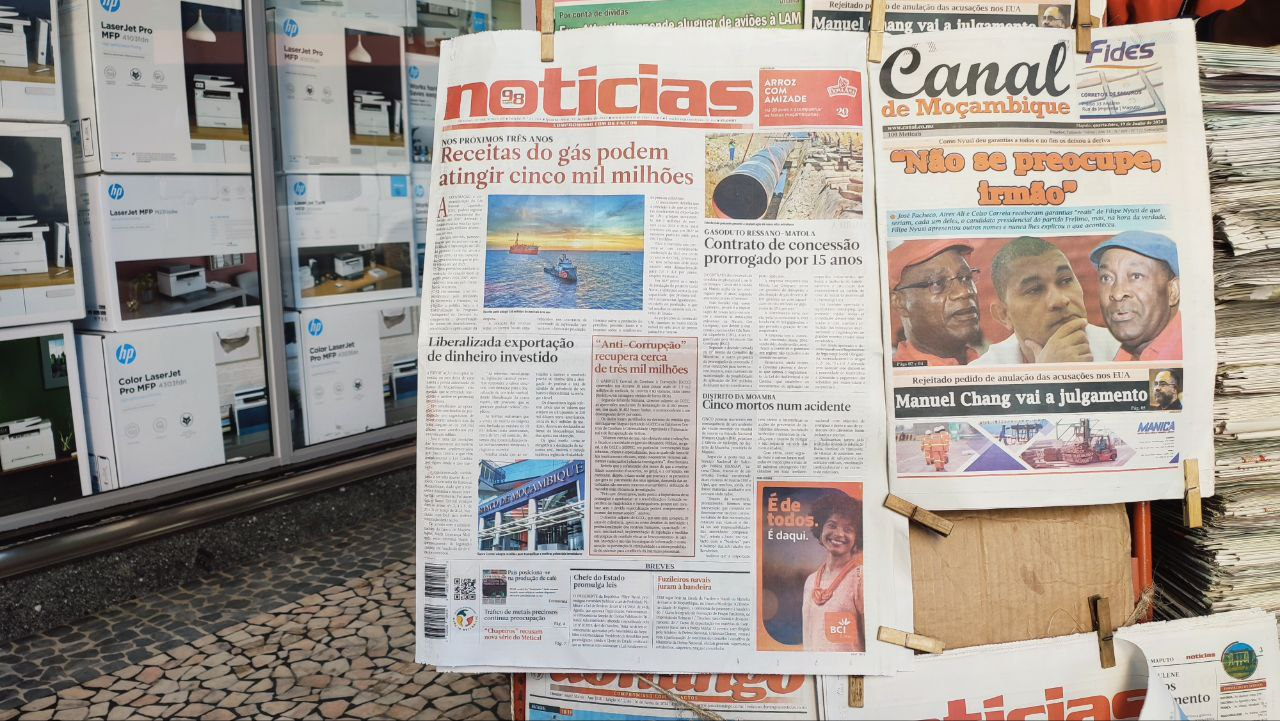
When will the state return to Quissanga? Up to now, there have been no foreign troops stationed there. But it has become a location of strategic importance, since the insurgents can use it to reach Meluco and Metuge districts and to threaten Pemba district, home to the provincial capital. Last week, President Filipe Nyusi announced that a military base would be built in Quissanga to control insurgent movements and defend the Pemba area. But this will be very difficult, for all the reasons mentioned above, and it will not happen anytime soon. Controlling insurgent movements is key to achieving some sort of military victory in Cabo Delgado, but it will take time.
Thursday
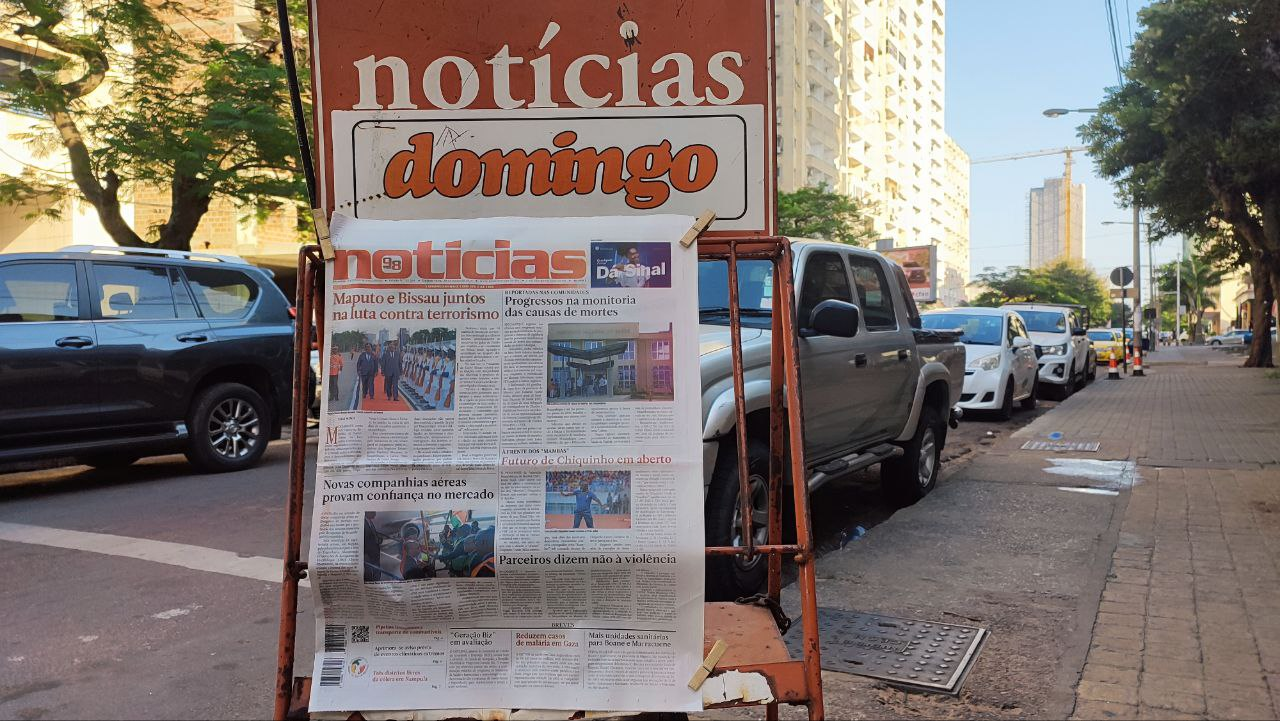
Certainly the Mozambican government needs Rwanda to maintain its presence in the province. Rwandan forces have been the most effective in fighting the insurgents, and are probably instrumental in giving confidence to the multinational companies investing in gas production in Cabo Delgado that they can carry on with their work.
But Rwanda also needs Mozambique. Peacekeeping is a major export industry for the country, which according to the United Nations (UN) is the fourth largest contributor to UN peacekeeping missions, with almost 6,000 troops on active service as at March this year. The Rwandan Defence Forces, numbering about 33,000, are relatively large given Rwanda’s population of around 13m people. They earn money from joint UN peacekeeping missions, paid to the government rather than troops. Success in its foreign military missions can earn the Rwandans prestige, in turn earning more business. Peacekeeping work has also encouraged foreign aid to and investment in Rwanda, according to the International Institute for Strategic Studies. Finally, Rwanda’s critics say that the missions are used by the Rwandan government as leverage to shut down criticism of its human rights record or its conduct in the Democratic Republic of Congo, where there are historic claims of human rights abuses and more recent allegations of supporting the M23 rebels.
Friday
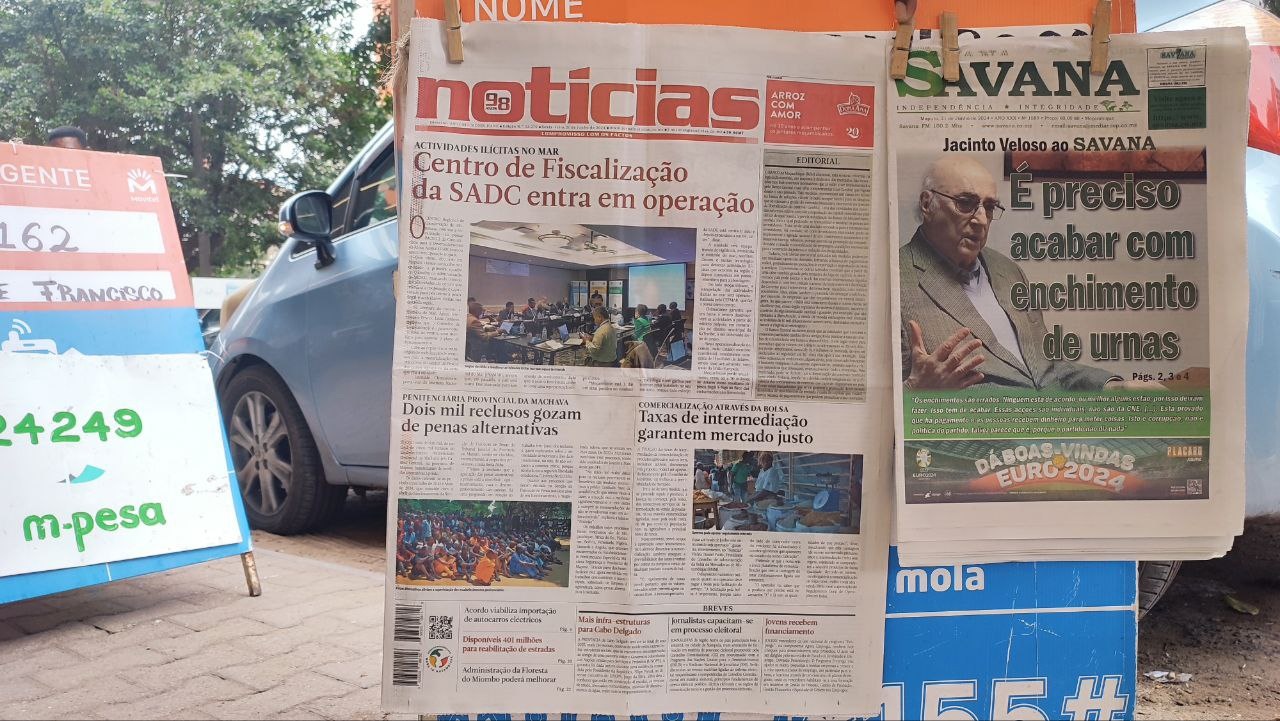
Fuel distributors face difficulties paying for imports
According to market sources, small importers are under pressure to present bank guarantees and are cash strapped due to delays to government refunds for previous imports. The issues are mainly affecting the smaller, Mozambican-owned companies, often with strong links to political elites, operating in competition with the traditional majors who have the financial muscle to weather the current issues.
The fuel import business generates around $1bn and includes the attractive market of transit imports for the region, which involves a number of illicit activities, including tax and custom duties evasion.
Taken together, this looks like a sector that would be ripe for nationalisation. Fuel is clearly a commodity of great strategic importance; why allow its delivery to be held up by poorly capitalised market players when Petromoc exists and could simply return to its natural monopoly? It clearly makes sense to have a single importer, hence the existence of Imopetro, a cooperative of all the different market players.

